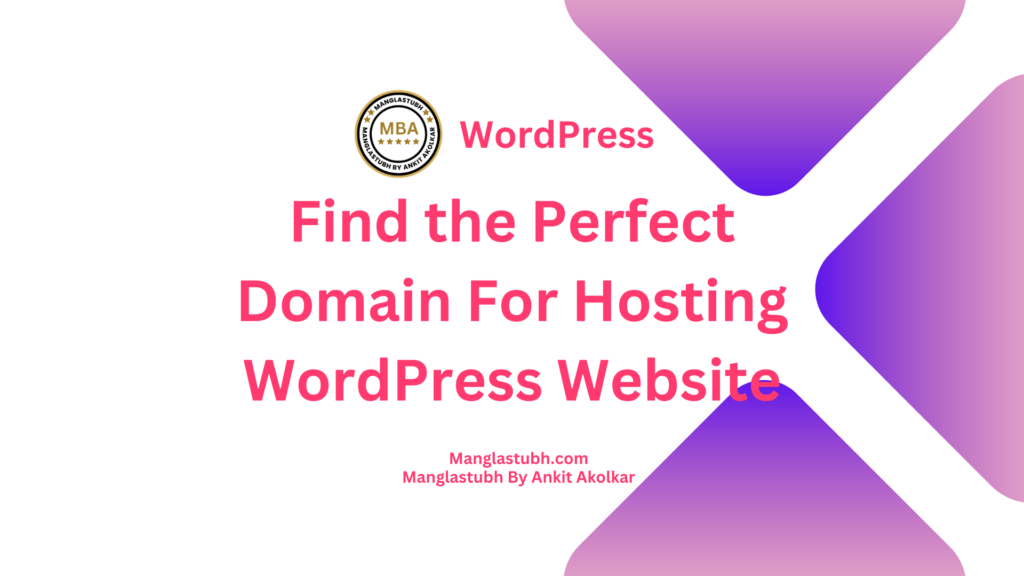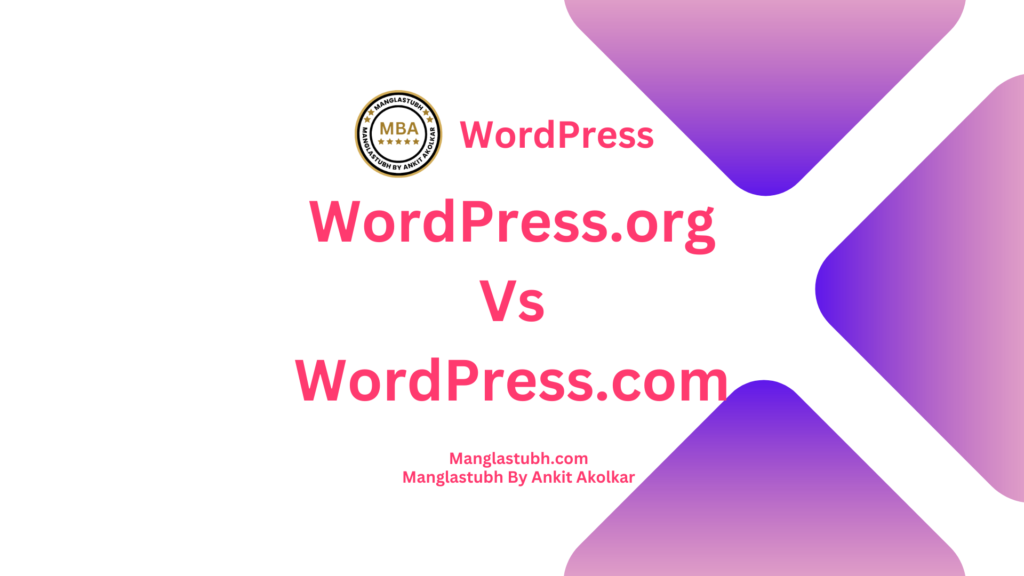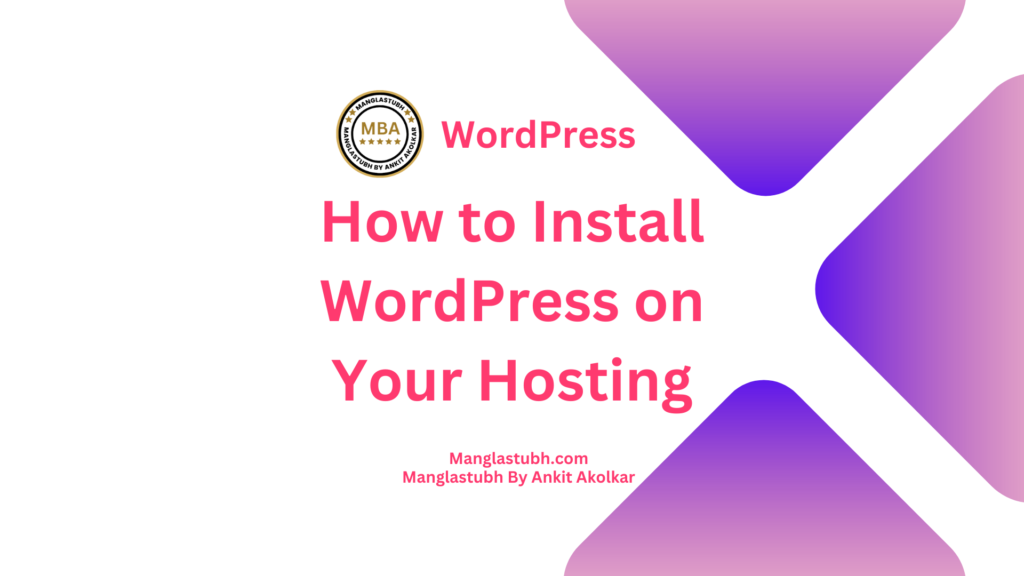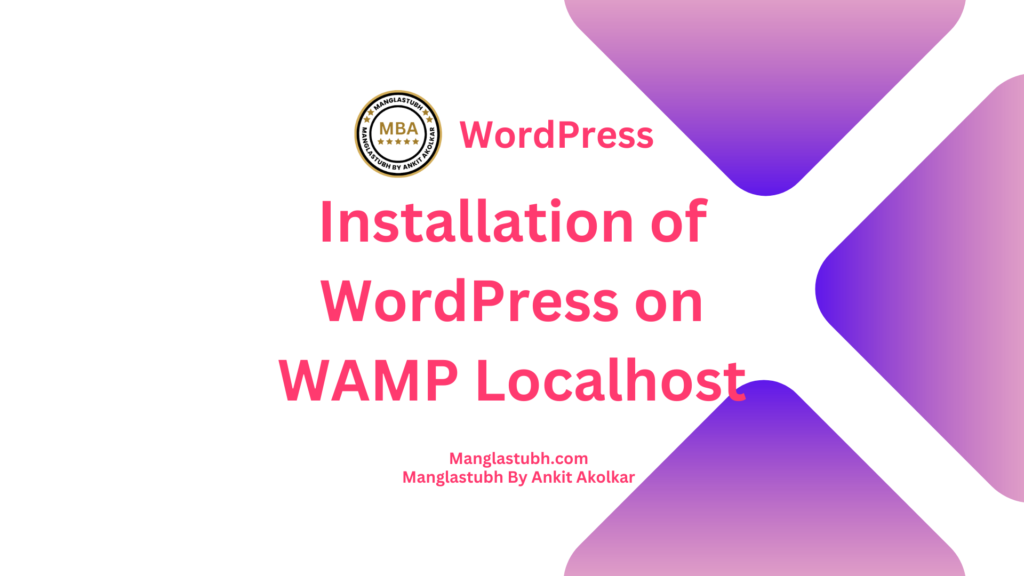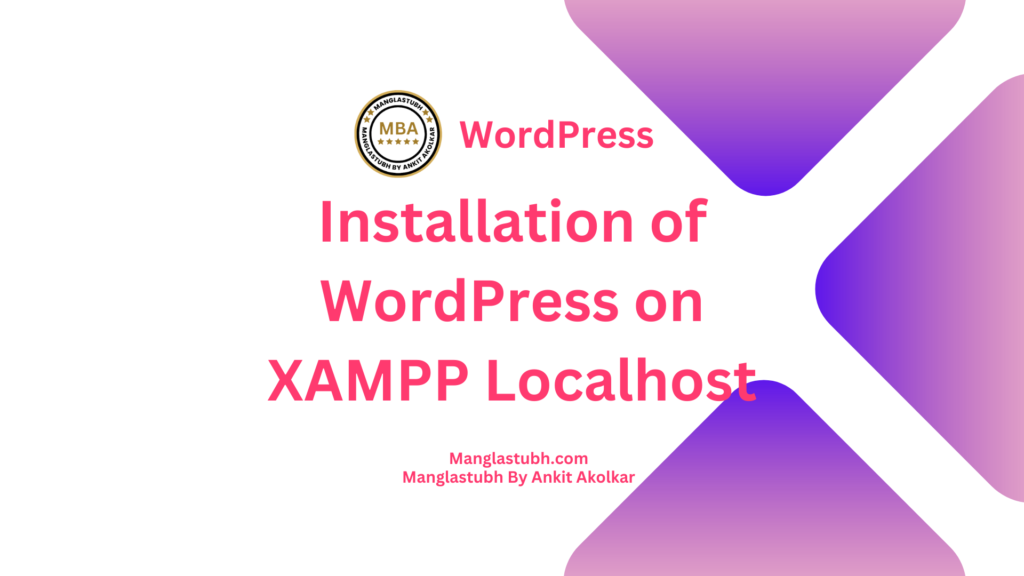INTRODUCTION
WordPress is an incredibly powerful and versatile content management system (CMS) that has taken the digital world by storm. As the popular website builder globally, WordPress powers over 40% of all websites on the internet. But what exactly is WordPress? How does it work, and why has it become the go-to choice for millions of users? This comprehensive guide will answer all your questions and show you how to take full advantage of this incredible platform.
What is WordPress? The Popular Website Builder
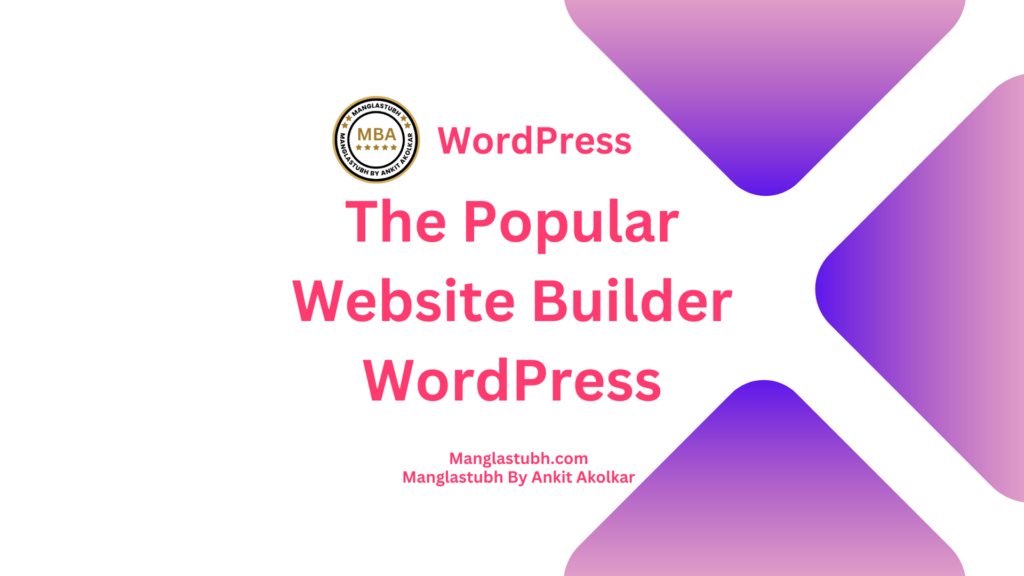
What is WordPress?
The popular website builder because WordPress is an open-source cms that allows users to create and manage websites without the need for extensive coding knowledge. Initially launched in 2003 by founders Matt Mullenweg and Mike Little, WordPress has evolved over the years into a robust platform that supports a wide variety of website types, from blogs to portfolios and online stores to business sites.
The platform’s popularity is due in large part to its user-friendly interface, extensive customization options, and a massive library of plugins and themes that make it easy for users to create unique, functional websites. Additionally, its open-source nature has fostered a large, supportive community that continuously contributes to its development and improvement.
WordPress.com vs. WordPress.org
WordPress is the popular website builder
There are two versions of WordPress available on the internet: WordPress.com and WordPress.org. While both platforms are built on the same core software, they differ in terms of hosting, customization options, and pricing.
WordPress.com is a fully hosted platform, which means that you do not need to worry about hosting, security, or updates. It is an all-in-one solution that offers a simple, streamlined experience for users who do not want to manage the technical aspects of their website. However, it does have some limitations in terms of customization and plugin usage.
On the other hand, WordPress.org is a self-hosted platform that requires users to obtain their own hosting and domain name. This version offers complete control over customization, plugins, and themes, making it the preferred choice for users who want full control over their website’s design and functionality. While self-hosting can be more complex, it ultimately provides a more flexible and powerful solution.
“WordPress empowers individuals to share their unique stories and ideas, fostering creativity and connection in the digital world – it’s the key that unlocks the door to endless possibilities.”
Manglastubh By Ankit Akolkar
Key Features of WordPress The Popular Website Builder
- User-friendly interface: WordPress is known for its easy-to-use interface, making it simple for even beginners to create and manage their own websites. The platform features a visual editor called the “block editor” or “Gutenberg” that allows users to create and edit pages and posts using a drag-and-drop system.
- Customizable design: With thousands of themes and plugins available, WordPress allows users to create a unique website design that suits their individual needs and preferences. Users can customize their site’s appearance, layout, and functionality to create a truly personalized experience.
- SEO-friendly: WordPress is designed to be search engine friendly, making it easier for users to optimize their site’s content for higher search engine rankings. The platform also supports a variety of SEO plugins, such as Yoast SEO, to further enhance on-site optimization efforts.
- Responsive design: Most WordPress themes are built with responsive design principles, ensuring that your website looks great and functions well on all devices, including desktop computers, tablets, and smartphones.
- Extensive plugin library: One of the greatest strengths of WordPress is its vast library of plugins that extend the platform’s core functionality. With over 50,000 plugins available, users can add features like contact forms, image galleries, and e-commerce capabilities with ease.
Why Choose WordPress? The popular website builder
There are several reasons why WordPress has become the go-to choice for millions of users worldwide:
- Flexibility: WordPress is highly adaptable, making it suitable for a wide range of website types and industries. From blogs and personal websites to e-commerce stores and professional portfolios, WordPress can accommodate virtually any web project.
- Scalability: As your website grows and your needs evolve, WordPress can scale with you. The platform can handle anything from a small blog with a few posts to a large website with thousands of pages and users.
- Community support: With a massive global community of developers, designers, and users, you will never feel alone when using WordPress. The community is always ready to provide support, share knowledge, and contribute to the platform’s ongoing development.
- Affordability: WordPress itself is free, and many themes and plugins are available at no cost. Although self-hosted WordPress sites require hosting and a domain name, these expenses are typically minimal compared to other website-building platforms.
- Security: WordPress takes security seriously and regularly releases updates to address potential vulnerabilities. Additionally, numerous security plugins are available to help protect your site from threats.
Getting Started with WordPress. the popular website builder
To start with WordPress, follow these simple steps:
- Choose a version: Decide whether you want to use the hosted WordPress.com platform or the self-hosted WordPress.org version. Consider your technical abilities, customization needs, and budget when making your decision.
- Register a domain name: If you opt for a self-hosted WordPress site, you will need to register a domain name. Choose a domain that reflects your website’s purpose and is easy to remember.
- Choose a hosting provider: For self-hosted WordPress sites, you will need to select a hosting provider that meets your specific needs. Look for a provider that offers strong performance, reliability, and customer support.
- Install WordPress: Once you have a domain and hosting set up, follow your hosting provider’s instructions to install the WordPress software on your server. Many hosting providers offer one-click WordPress installations to simplify the process.
- Customize your site: After installing WordPress, you can begin customizing your site’s appearance and functionality. Choose a theme that aligns with your design preferences and install plugins to add additional features.
- Create content: With your site set up and customized, you can start creating content. Use the WordPress block editor to craft engaging posts and pages that will attract visitors and keep them coming back for more.
- Optimize for SEO: To ensure your website is easily discoverable by search engines, implement SEO best practices and consider using a plugin like Yoast SEO to assist with on-site optimization.
Conclusion
WordPress is an incredibly powerful and versatile platform that has become the world’s the popular website builder for good reason. With its user-friendly interface, extensive customization options, and supportive community, it’s no wonder that millions of users have chosen WordPress to power their websites. Whether you’re a beginner looking to start your first blog or an experienced developer seeking a robust platform for your next project, WordPress offers the flexibility and functionality you need to succeed online.
Frequently Asked Questions
What is the main difference between WordPress.com and WordPress.org?
Is WordPress suitable for beginners with no coding experience?
Can I create an e-commerce website using WordPress?
Is WordPress free to use?
What are WordPress themes and plugins?
More FAQ
How do I install WordPress on my hosting server?
Can I change the design of my WordPress site after it is launched?
Is WordPress SEO-friendly?
Can I use WordPress to build a website for my business?
How do I keep the WordPress site secure?
WHAT IS WORDPRESS? THE POPULAR WEBSITE BUILDER. Manglastubh By Ankit Akolkar. Search on Google Free Online Courses. Free SEO Tools.

Welcome to Manglastubh By Ankit Akolkar. Manglastubh website is designed and developed for all kinds of Knowledge-Based Blogs and Articles. Everyone will gain knowledge over here from this website.


